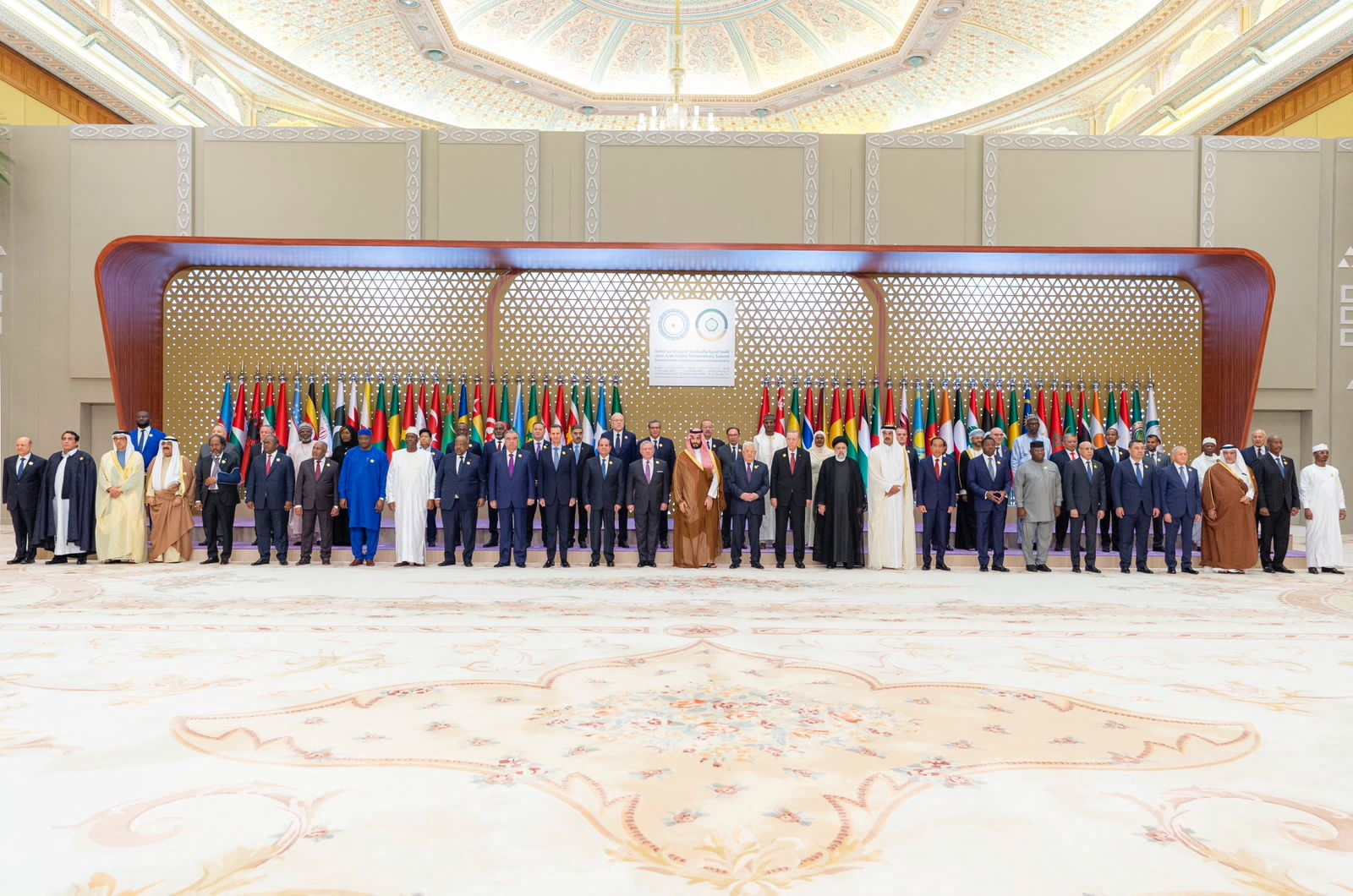
The rebound can be attributed to various factors, including rising oil prices and increased production efficiency. Oil prices have rebounded from their earlier lows, providing a crucial boost to Saudi Arabia's revenue streams. The country's strategic decision to enhance its oil production capabilities and secure favorable trade agreements has also played a pivotal role in this economic turnaround. Additionally, the government's focus on diversifying its economy away from oil dependency, through initiatives like Vision 2030, has begun to yield positive results.
The non-oil sector has seen considerable growth, driven by investments in infrastructure, tourism, and technology. The construction and real estate sectors have experienced a revival, with several large-scale projects coming to fruition. This growth in non-oil industries is in line with Saudi Arabia's long-term goal of reducing its reliance on oil and fostering a more resilient and diversified economy.
Furthermore, the Saudi Arabian Monetary Authority (SAMA) has implemented supportive monetary policies to stimulate economic activity. These measures include lower interest rates and increased liquidity in the financial system. The impact of these policies has been visible in the rise of consumer spending and business investments, further contributing to the overall economic recovery.
The improvement in the economic outlook is also reflected in the labor market. Unemployment rates have started to decrease, as new job opportunities are created in emerging sectors. The government's focus on vocational training and employment initiatives has helped align the workforce with the needs of a diversifying economy.
International investors have taken note of Saudi Arabia's economic resilience and growth prospects. There has been an uptick in foreign direct investment (FDI), signaling renewed confidence in the Saudi market. This influx of investment is expected to further bolster economic growth and support the country's development goals.
Despite these positive developments, challenges remain. The global economic environment continues to be volatile, and fluctuations in oil prices could impact the pace of recovery. Additionally, the ongoing geopolitical tensions in the region could pose risks to economic stability. However, the Saudi government remains committed to navigating these challenges through continued reforms and strategic planning.
As Saudi Arabia moves towards the end of its economic slump, the focus will shift to sustaining this recovery and building on the gains achieved. The ongoing efforts to diversify the economy and enhance resilience will be crucial in ensuring long-term stability and growth.
Topics
Spotlight
